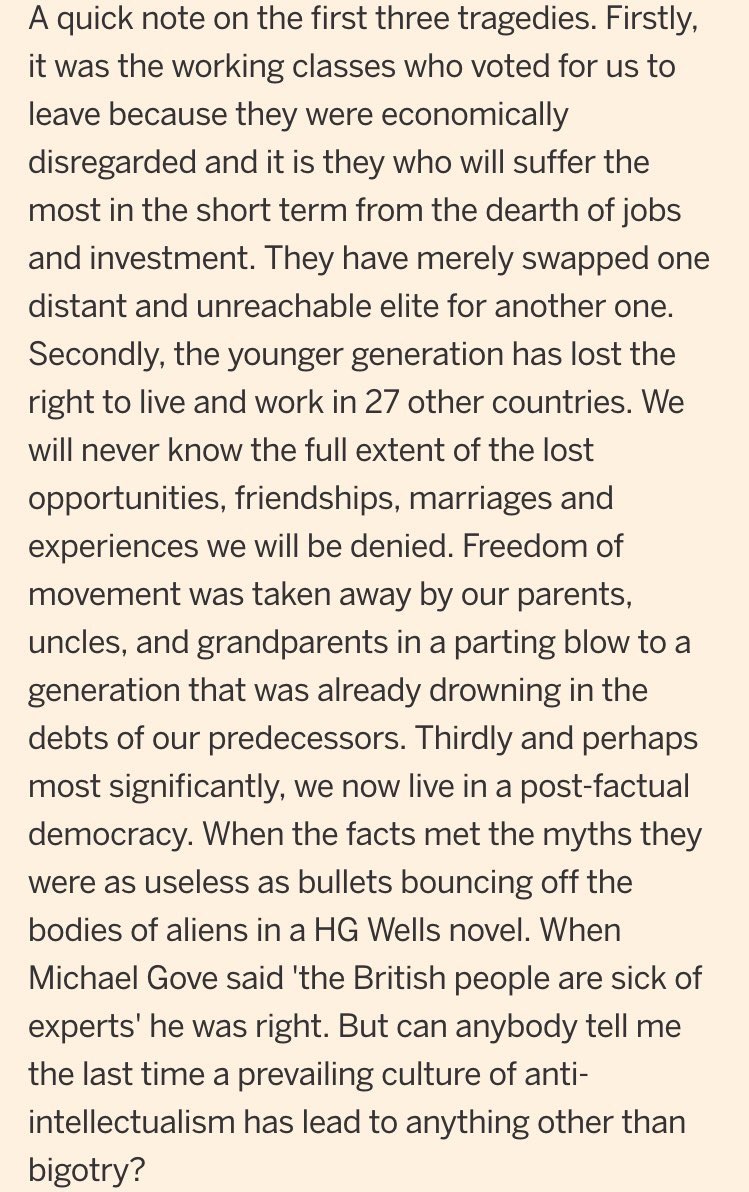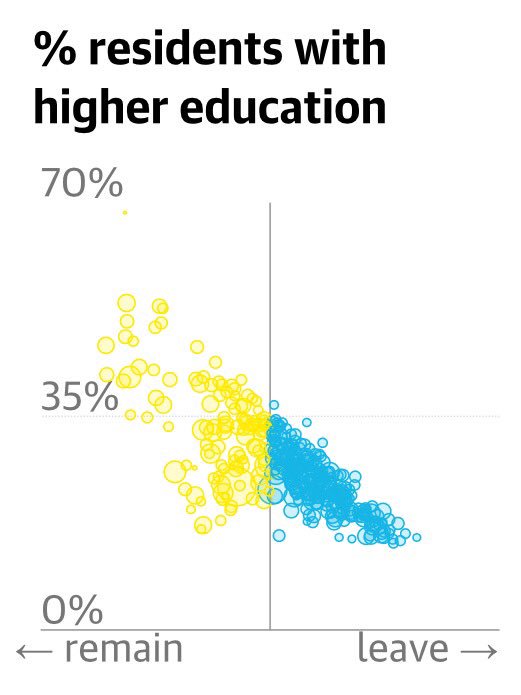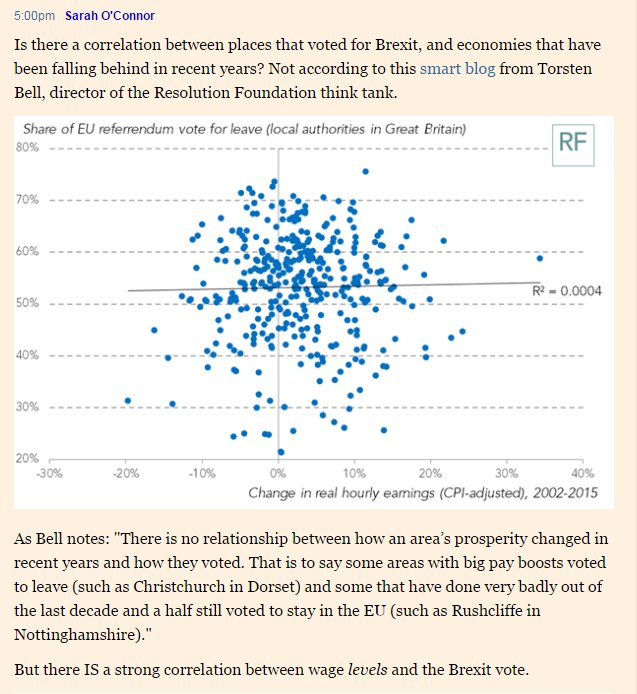Paul Mason’s Postcapitalism is an excellent recipe for enlightened future socio-economic arrangements that recognises the realties of individual freedoms and transactions in times of mass communications and social-media that bypass so much “mediation” by corporate organisations and institutions that have been taken for granted in established economic models.
Unfashionably even perversely, but quite correctly, he also identifies that the idea of “unions” becomes more important the more individuals act individually, in order that common interests can be properly pooled in economic activity.
Obviously it’s a Marxist project. Mason is a Marxist. But it is very a carefully nuanced socialism, as indeed was Marx himself before being consumed in various communist projects. Scary to many if we do not take the trouble to understand the subtle and nuanced detail. Mason’s project is “Project Zero” – the idea that we can create this enlightened future arrangements by following his prescription, a prescription that recognises much detail cannot be prescribed but must be nurtured through it’s own evolution. Again scary for those who prefer a good plan, but Project Zero couldn’t be further from any idea of central planning. It’s about understanding how things may best work.
Thus far, I cannot fault Paul Mason, Postcapitalism or Project Zero; zero because it requires a ground zero that established economic beliefs need to be completely let go.
Where I diverge is the pace of change. Paul is uncompromising in his revolutionary intent. Anything social, liberal or democratic that isn’t part of his project is fair game as collateral damage. “Neoliberalism” is a failed project. Indeed it is, but there are lots of babies in this bathwater. A lot of participants that can’t easily or quickly fully understand and appreciate the enlightened subtleties of Postcapitalism but may nevertheless be swept along. We need to recognise the evolution of understanding and action inherent in Project Zero and not let our impatience and principled dogmatism replace the evolution with a revolution, just because “in vs out” is easier to understand than messy reality.
There will need to be collaboration and migration across existing socialist, liberal and democratic mind-sets, and probably migration in democratic arrangements themselves. Popular voting itself will probably require proportional arrangements unless genuine union of partisan interests is achieved, which is ever less credible. Flocking around popular memes may seem an attractive way to achieve concensus, but such memes are unlikely to hold and share the subtleties our future requires.
The plan needs to be a meta-plan for how the necessary evolution can be nurtured, not a revolution whose collateral damage (eg to the Labour party / Labour movement, but not only these) also destroys the good will such a plan entails.
=====
[Post Notes:
Previously on Psybertron: Mason Whipping-up a Capitalist Crisis.
Obviously this post was prompted by Paul Mason speaking at the Socialist Workers Party rally held with Jeremy Corbyn in Parliament Square yesterday evening at the very time when the Parliamentary Labour Party was discussing their vote of no confidence in his leadership and the 30-odd resignations from his shadow team.
This is one tweeted response this morning:
Could it be that Corbyn (or Trots around him) were following Bolshevik doctrine of revolutionary defeatism? Willing exactly this chaos?
�” Robert Harris (@Robert___Harris) June 27, 2016
Creative destruction. Engineered chaos.
Ever the tools of revolution. And :
Paul Mason is now renditioning and torturing logic pic.twitter.com/1xOeYiUPlx
�” Rupert Myers (@RupertMyers) June 28, 2016
@TomBlenkinsop Momentum guy told me “I’m not labour, I want the revolution” and gave me his card to try and organise deselection of MPs
�” David Bigham (@DavidBigham96) June 28, 2016
Neil Kinnock – ‘That Speech’ 1985. And recalling Corbyn trying to oust Kinnock as leader in ’88 #savelabour https://t.co/HlXLkqviAS
�” Tom Blenkinsop (@TomBlenkinsop) June 28, 2016
@gabyhinsliff @TomBlenkinsop Yes. Quoted “That Speech” a couple of times in the past year or so. Important people recognise the pattern.
�” Ian Glendinning (@psybertron) June 28, 2016
This one will run and run. And finally as asked by Clive, I should probably respond to Mason’s ProgExit plan – some of the specifics. He published it over the weekend in readiness for the Monday “meeting”. I’ll come back to the link later.]
[Post Note: Corbynomics from Guido Fawkes. I think the reasoning behind this reckless sounding clip from Mason is that 500 million is peanuts compared to the trillions of borrowing behind the deficit even after n-years of austerity, so IF it can support the Corbyn investment promises AND those promises have the desired benefits, THEN it’s worth doing. Still a pretty reckless gamble. Same poin raised by many noting the absence of the word “deficit” entirely from the main stage at recent Labour conference, and Mason put same Keynsian point more soberly to Andrew Neill when interviewed at the conference.
Corbynomics https://t.co/cnDbpdSsHI
�” Guido Fawkes (@GuidoFawkes) September 28, 2016
Reckless as in “everything else that’s been tried seems to be failing, so let’s try this”. Better understanding and truly collaborative working required by all, not just by Mason himself, before any chance of success. Evolutionary groundwork needed before revolution.]







